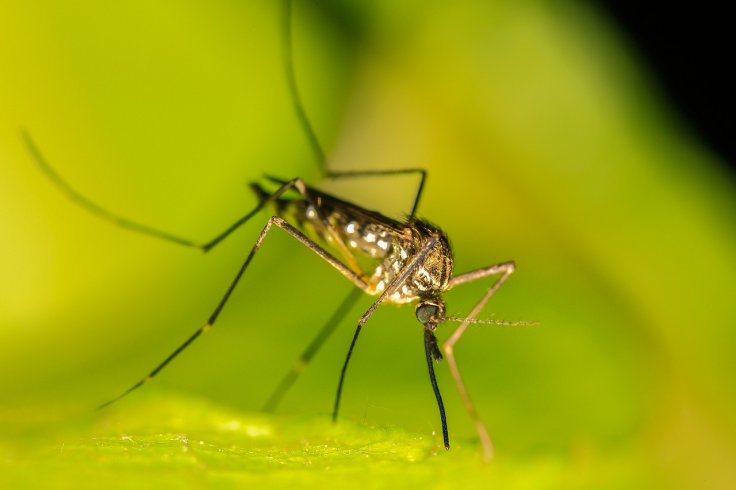The county in Florida, Miami-Dede which has reported 17,225 novel Coronavirus cases, is now facing another challenging health issue, as on Wednesday, the Florida health officials confirmed the second case of West Nile Virus (WNV) in the region.
It should be mentioned that as per the U.S. Centers for Disease Control and Prevention (CDC) WNV is the leading cause of mosquito-borne disease in the continental regions of the country. About one out of 150 WNV patients develop a serious, sometimes fatal, illness.
New Cases of WNV in Miami-Dede

As reported by the Miami Herald, officials stated that a resident of the county was confirmed to have contracted the virus from the local transmission. The infected person is the second patient in the Miami-county in 2020. On May 9, the health department of the county declared a mosquito-borne illness alert after they noticed the first confirmed WNV case of the year. The department also mentioned that due to the lack of preventable vaccines or medication against then illness, the WNV is considered to be the leading cause of mosquito-borne disease in the continental U.S.
The health department of the county advised residents to follow the "Drain and Cover" personal protection efforts, reminding residents of the county to drain any items or areas that can store the standing water pools to prevent the mosquitoes from populating the area. In terms of the cover, it is to remind local residents to cover the skin with long sleeves clothes, full pants, and tall socks as well as the usage of mosquito resistance ointments.
West Nile Virus
As per the CDC about one in five people who are infected by WNV, develop a fever with other symptoms such as headache, body aches, joint pains, vomiting, diarrhea, or rash. Most people with this type of disease recover completely, but fatigue and weakness can last for weeks or months. The federal agency also mentioned that eight out of 10 patients usually do not develop any symptoms.
People can use the Environmental Protection Agency (EPA)-registered insect repellents. These insect repellents are proven safe and effective, even for pregnant and breastfeeding women which include:
- DEET
- Picaridin (known as KBR 3023 and icaridin outside the US)
- IR3535
- Oil of lemon eucalyptus (OLE)
- Para-menthane-diol (PMD)
- 2-undecanone








